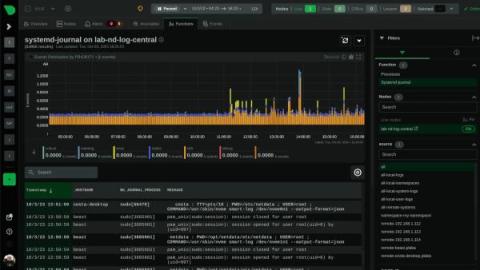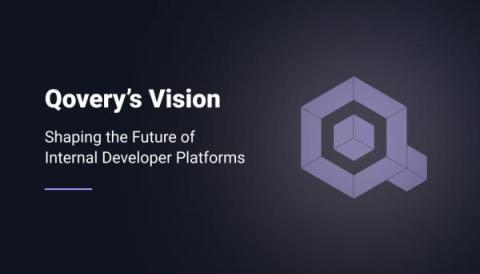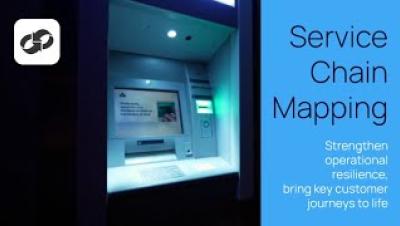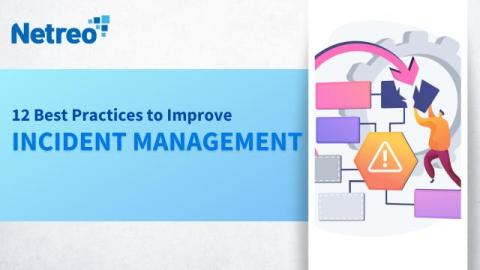Operations | Monitoring | ITSM | DevOps | Cloud
DevOps
The latest News and Information on DevOps, CI/CD, Automation and related technologies.
Improve Your Security With systemd-journal and Netdata
systemd journals play a crucial role in the Linux system ecosystem, and understanding the importance of the logs contained within is essential for both system administrators and developers.
Qovery's Vision: Shaping the Future of Internal Developer Platforms
Policy as Code Tools + Examples to Make Better Infrastructure Easier, Anywhere
Kubernetes Unpacked: Driving Enterprise Success with Cloud-Native
EMA Cloud Rants: Kubernetes Security
Ready for DORA? Strengthen Operational Resilience with Service Chain Mapping by Interlink Software.
EMA Cloud Rants: Kubernetes Distributions
12 Best Practices to Improve Incident Management
Today’s fast-paced digital world can lead to system breakdown and disruptions that strain organizational resources. What truly distinguishes successful organizations is their response when problems occur. Incident management serves this function. At its core, incident management involves teams managing unexpected disruptions quickly with minimal impact to users or business operations. The process is like a safety net that prevents further problems from developing into trust issues.











